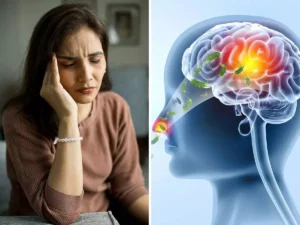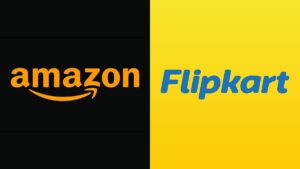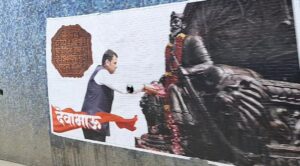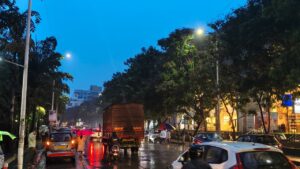“5% on Dining, 18% on Health Insurance, 12% on Cancer Drugs”: Entrepreneur Asks, Who Is Deciding GST Slabs?

"5% on Dining, 18% on Health Insurance, 12% on Cancer Drugs": Entrepreneur Asks, Who Is Deciding GST Slabs?
The Goods and Services Tax (GST) structure in India has once again sparked debate, with many questioning its fairness in essential and non-essential services. Entrepreneur Aman Goel, co-founder and CEO of GreyLabs AI, recently voiced his concerns in a viral LinkedIn post, citing disparities in GST rates for dining, health insurance, and cancer medicines.
Goel shared his experience of dining at a fine restaurant where the GST rate was only 5%. “We opted for the Chef’s tasting menu priced at Rs 2,900 + taxes per person. I expected the tax to be 18%, but the final bill showed a 5% GST rate, which pleasantly surprised me,” he wrote.
However, the entrepreneur expressed frustration over the higher GST rates on health insurance. “I renewed my parents’ health insurance policy and expected a 5% GST. Instead, I was shocked to find it at 18%, amounting to Rs 25,000. It’s absurd that fine dining is taxed lower than health insurance, which is a necessity,” he remarked.
Goel also highlighted the burden of GST on cancer drugs, which carry a 12% tax. “The GST on cancer medicines is about Rs 24,000 on the invoice I shared. While I can afford it, many others cannot. Should people be denied life-saving medicine because of this heavy tax burden?” he questioned.
Goel’s post ignited a conversation on LinkedIn, with varied opinions on the rationale behind these tax rates. Mohit Ambani commented that the 5% GST on restaurants is due to the lack of input tax credit (ITC) for hotels. However, Goel countered, “The ITC issue is irrelevant to the end consumer who bears the GST burden.”
Another user highlighted the 18% GST on higher education, which Goel called “outrageous,” adding, “Education should be tax-free as it is a basic human right.”
Atul Donde, director of CKP Chamber of Commerce and Industry, explained that the 5% GST on dining is net tax, disallowing ITC claims for service providers.
The issue of GST on essentials like insurance has previously been raised at higher levels. In July, Union Minister Nitin Gadkari requested Finance Minister Nirmala Sitharaman to reconsider the 18% GST on life and medical insurance premiums. This followed a memorandum submitted by the Nagpur Divisional Life Insurance Corporation Employees Union.
The debate underscores the need for a reassessment of GST slabs to ensure fairness and accessibility for essential services.












